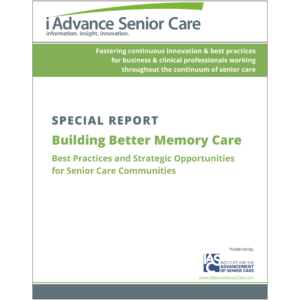Proactive healthcare approach reduces senior calls to EMS
Routine visits through which specially trained paramedics worked with the elderly to address health issues commonly associated with that age group reduced unplanned emergency medical service (EMS) visits to a senior housing complex by up to 32 percent, according to a study by McMaster University researchers. The program, they say, could serve as a model for improving health and reducing emergency department visits among residents in other senior housing buildings in urban areas.
Gina Agarwal, PhD, associate professor of family medicine, and colleagues conducted a pilot project wherein residents—predominantly low-income seniors—of a subsidized housing complex in Canada received weekly visits from two paramedics who reviewed with them information about healthful lifestyle habits, measured their blood pressure and assessed their risks for diabetes and falls. Before the intervention, EMS frequently responded to calls at the complex.
“At each visit, the paramedics discussed one or two risk factors, such as smoking, diet or lack of exercise; tried to link residents to community resources and give advice; and then followed up to see how residents were managing,” Agarwal said in a university press release. The investigators recently presented their results at the Canadian Cardiovascular Congress.
In the case of residents with high blood pressure, 80 percent of session participants already were taking medication for the condition, and with their permission, the paramedics shared test results with their family physicians in case the doctors wanted to adjust medication dosage or change other treatment recommendations. The paramedics also referred residents to an in-house wellness exercise program, a diabetes foot care and education program, food advisers and smoking cessation resources.
Over the eight months of the pilot project, 25 percent of the residents aged more than 65 years made more than 580 visits to the EMS sessions, which were conducted in an informal, “drop-in” format. The researchers attributed the success of the program to the trust established over time through the regular visits of the paramedics, word-of-mouth from residents and a perceived need for such a program among residents.
A follow-up study will assess whether the risk profiles of session attendees have improved, Agarwal says.
See other content by this author here.

Lois A. Bowers was senior editor of I Advance Senior Care / Long-Term Living from 2013-2015.
Related Articles
Topics: Activities , Clinical , Facility management , Nutrition











